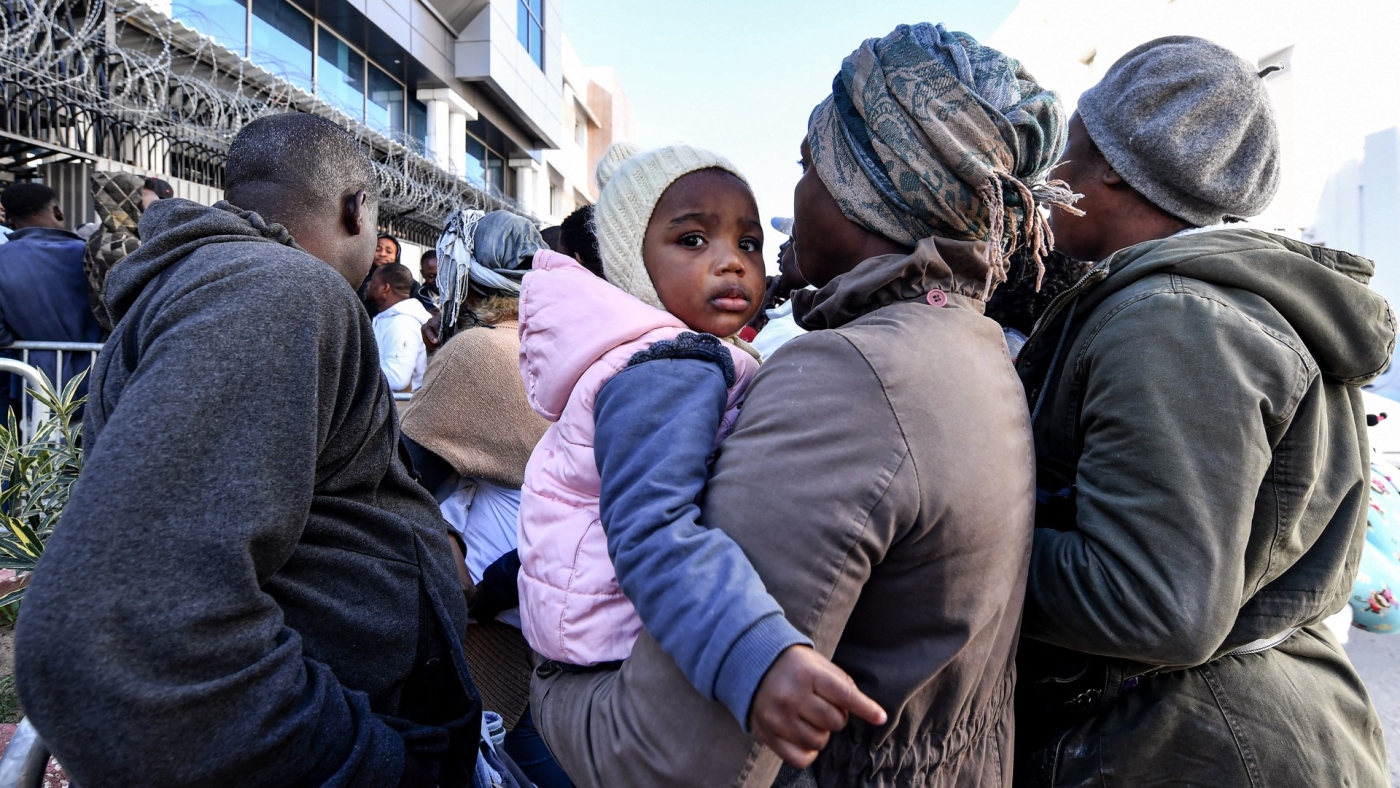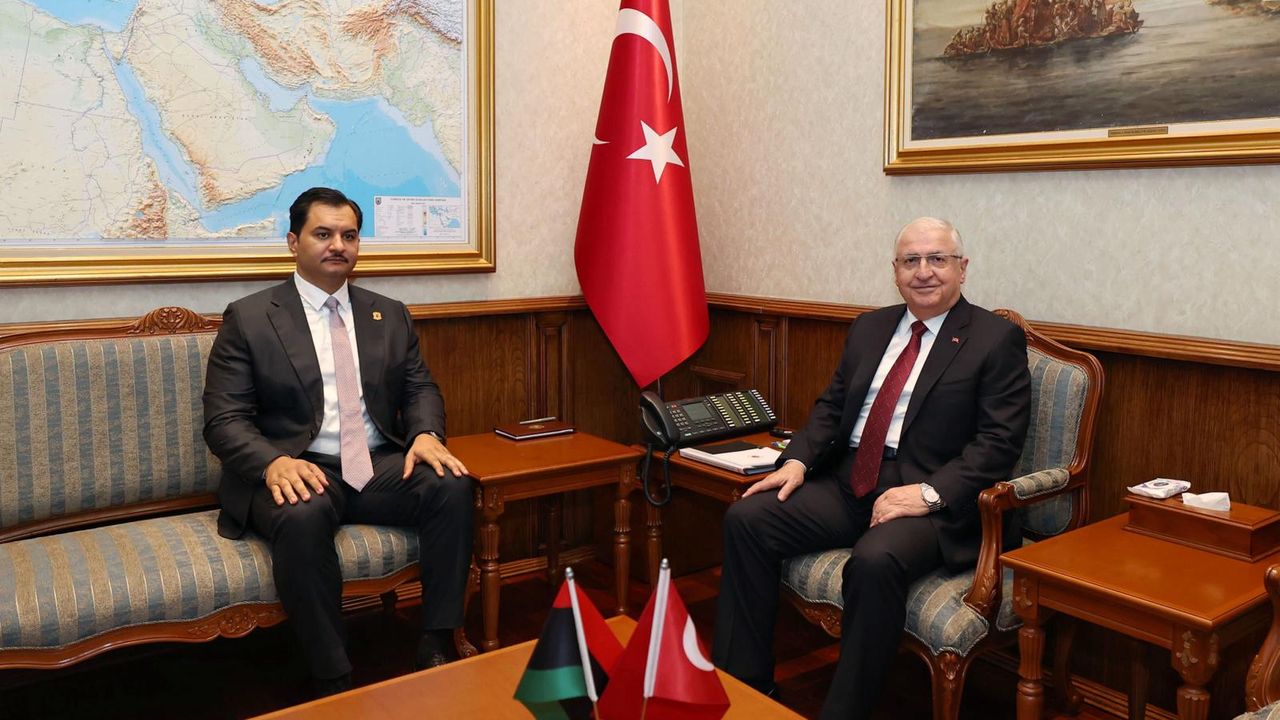Immigration safe havens overwhelmed as migrants flee Tunisia

Tunisian President Saied’s anti-immigrant rhetoric and the economic crisis in Tunisia have triggered a wave of migrants fleeing the country, putting a strain on European coastal centers that lack sufficient state aid and bear the brunt of the situation.
A migrant shelter in France, less than 10km away from the Italian border is being inundated daily with Tunisian migrants, according to Middle East Eye. A spokesperson for the shelter Terrasses Soldaires stated, “We only have space for 64 people, today we have 100. Last week, arrivals peaked at 138.”
Since Tunisian President Saied made a speech referring to immigrants as security threats, there have been a rise in cases violence against migrants in Tunisia, specifically Sub-Saharan migrants.
READ: Murder of migrant in Tunisia sparks urgent call for action
Migrants and Tunisia’s Black population have been facing beatings, stabbings, and rape. Groups of young men have even been targeting homes of migrants. Just last week a residence of Sub-Saharan migrants was attacked by a group of Tunisian men armed with knives, leaving one man dead and other injured, according to Maghrebi.
The ongoing economic crisis in Tunisia has also been a contributing factor of migration. A bread crisis caused by drought has further strained the Tunisian government, forcing them to import 95% of their grains to meet the population’s food needs. This reliance on imports has only exacerbated the government’s economic struggle, as they have already requested billions of dollars in support from the International Monetary Fund, as reported by Maghrebi.
This violence and economic crisis has forced sub-Saharan Africans and migrants living in Tunisia to flee in such large numbers that the UN reported 12,000 people have arrived on Italy’s shores from Tunisia so far this year, compared with 1,300 in the same period of 2022.
READ: Migrant smuggler behind bars in Tunisia
The UN describes the route across the Mediterranean, from Tunisia to Italy, as the deadliest sea crossing for refugees in the world. Recently, the morgues and hospitals in the city of Sfax have reportedly been overwhelmed with bodies. Just this month, the Tunisian coast guard reported finding 210 bodies within a two week period.
Foul play emerges as a possibility as Hiba, a volunteer for a hotline for people in distress at sea, stated “these shipwrecks are man-made.” According to Hiba, the rise in “invisible shipwrecks” is related to the increase in violent interceptions by the Tunisian Coast Guard. 14,963 people were violently intercepted in Tunisian waters in the first quarter of 2023. Talking about the Tunisian coast guard, Hiba stated– “They say they are saving people, but that does not mean you forcibly stop a boat that is [working]… you don’t create waves that [cause] the boat to capsize.”
The Tunisian coastguard is, in part, funded by the more than $39.5m from the EU’s Trust fund for African “management of migrations flows and borders.” The EU also has contributed to Tunisia’s border policing by providing training and surveillance equipment.
Currently, Terraces Solidaires, is surviving on the donations and help of its volunteers. Though Terraces Solidaire has reached out to the state for aid twice, a spokesperson of Terraces Solidaire clarified, “the state have sent us nothing except the police.”
READ: Migrant boat adrift and returned to “unsafe” Libyan port
According to Jean Gaboriau, a member of the Terraces Solidaires board of directors, the influx migrants is also because the price of transport to a larger city in France has risen– “usually, train tickets cost about 20 euros, but now it’s more like 100 euros.” In usual circumstances, migrants would usually stop to rest at the shelter for a night or two before resuming their journey to Paris, as reported by Info Migrants.
Instead of emergency accommodation or subsidized tickets for travel, for the migrants to reach other destinations further inland, the state continues to militarize the borders.
In their most recent press release, Terraces Solidaires stated “Obviously, goodwill alone is not enough….we are sounding the alarm, so the state implements a policy that is dignified and respectful of the rights of exiled people.”
Middle East Eye/Info Migrants/Maghrebi
Want to chase the pulse of North Africa?
Subscribe to receive our FREE weekly PDF magazine













